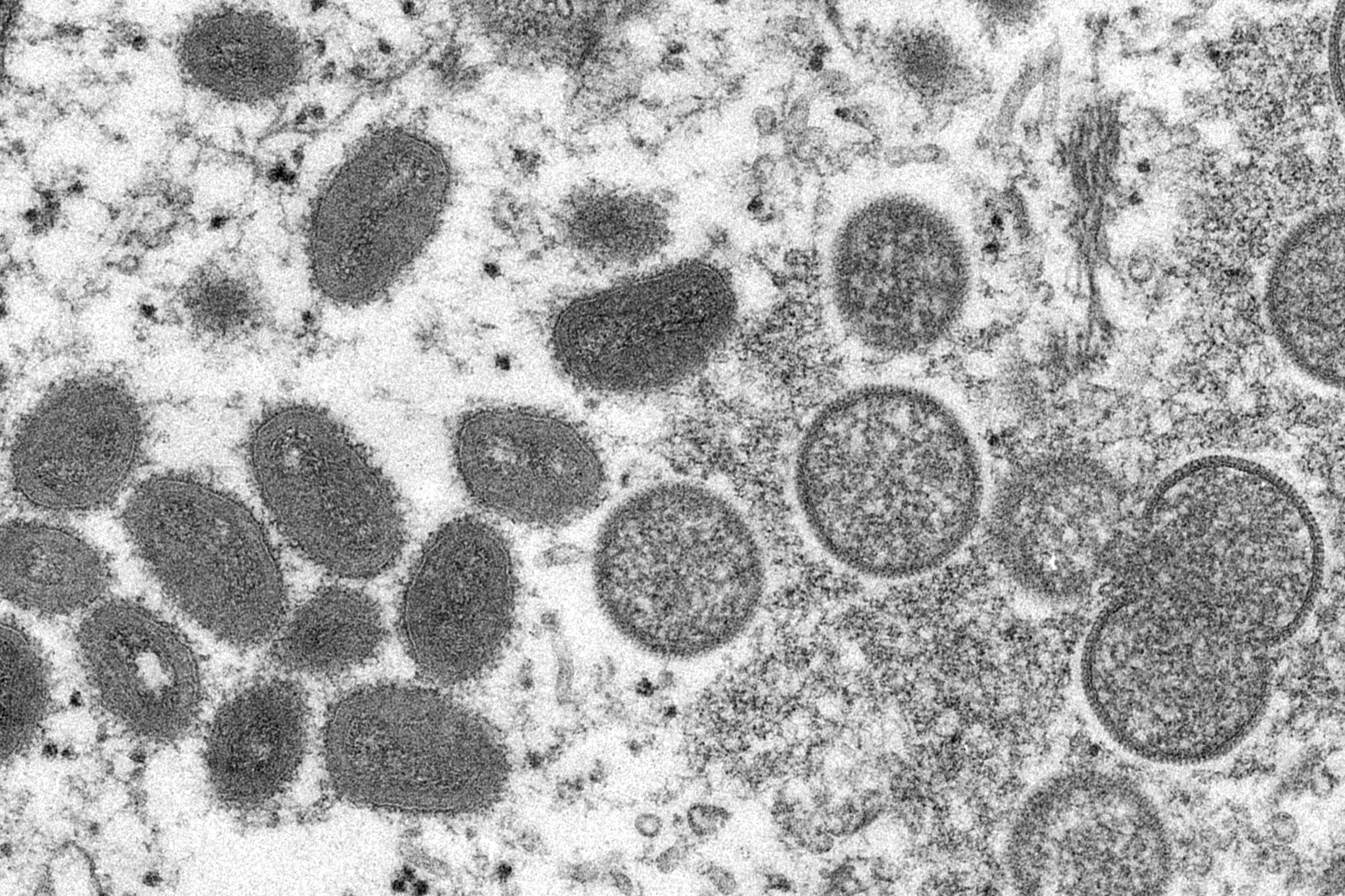Africa CDC says renaming of monkeypox variants curbs stigma
The head of Africa’s public health agency says he’s “really pleased” that the World Health Organization is renaming the strains of the monkeypox disease to remove references to African regions to reduce concerns of stigmatization

Your support helps us to tell the story
From reproductive rights to climate change to Big Tech, The Independent is on the ground when the story is developing. Whether it's investigating the financials of Elon Musk's pro-Trump PAC or producing our latest documentary, 'The A Word', which shines a light on the American women fighting for reproductive rights, we know how important it is to parse out the facts from the messaging.
At such a critical moment in US history, we need reporters on the ground. Your donation allows us to keep sending journalists to speak to both sides of the story.
The Independent is trusted by Americans across the entire political spectrum. And unlike many other quality news outlets, we choose not to lock Americans out of our reporting and analysis with paywalls. We believe quality journalism should be available to everyone, paid for by those who can afford it.
Your support makes all the difference.The head of Africa's public health agency says he's “really pleased” that the World Health Organization is renaming the strains of the monkeypox disease to remove references to African regions amid concerns about stigmatization.
The variant of the disease formerly known as the Congo Basin is now called Clade 1 and what was previously known as the West Africa clade is now called Clade 2, the U.N. health agency announced last week, saying it will hold an open forum to rename monkeypox altogether.
“We are very glad that now we can be able to call them Clade 1 and Clade 2 rather than make reference to these variants using African regions,” Ahmed Ogwell, acting director of the Africa Centers for Disease Control and Prevention, said at a briefing Thursday. "We are really pleased with that change in naming, which will remove stigma from disease-causing variants.”
More monkeypox deaths have been reported on the African continent this year than anywhere in the world. A total of 3,232 cases, including 105 deaths, have been reported in Africa, although only a fraction have been confirmed because the continent lacks enough diagnostic resources.
At least 285 new cases have been reported since the agency's last briefing a week ago, Ogwell said, adding that the West African nations of Ghana and Nigeria are reporting 90% of new cases. Liberia, Republic of Congo and South Africa are the other nations reporting new cases.
Ogwell, who urged the international community to help Africa's 54 countries improve their capacity to test for monkeypox and control its spread, said he had no epidemiological insights to share regarding the spread of monkeypox in Africa.
But he noted that while 98% of cases are in men who have sex with men outside Africa, what's happening on the continent of 1.3 billion people “does not reflect what other parts of the world are seeing."
“Our focus is capacity-building so that each and every country that is at risk is ready to be able to identify these cases quickly,” he said.
Monkeypox spread typically requires skin-to-skin or skin-to-mouth contact with an infected patient’s lesions. People can also be infected through contact with the clothing or bedsheets of someone who has monkeypox lesions.
Most people infected with monkeypox recover without treatment, but it can cause more severe symptoms like brain inflammation and in rare cases, death.
The variant of monkeypox spreading in Europe and North America has a lower fatality rate than the one circulating in Africa, where people have mostly been sickened after contact with infected wild animals like rodents and squirrels.